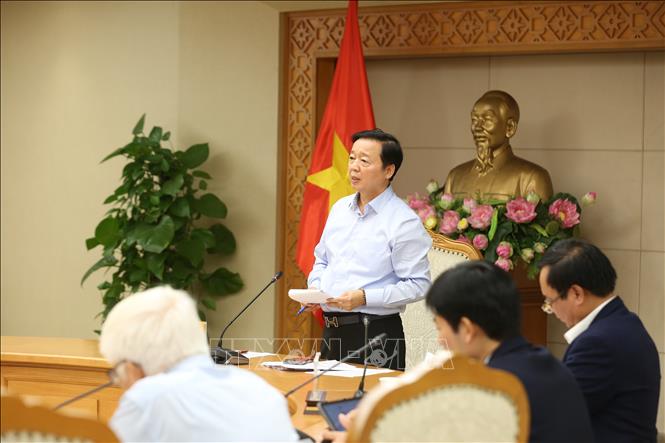
This is the request of Deputy Prime Minister Tran Hong Ha at the meeting to listen to the report on the draft Decree on farm economy , which took place on the afternoon of October 24, at the Government Headquarters.
According to a report by the Ministry of Agriculture and Environment , as of 2024, the country had nearly 28,000 registered farms with an average production value of 4 billion VND/year, an average area of 3.52 hectares/farm, and an average of 3.8 laborers/farm. It is estimated that the farm sector contributes 9.3% of total annual revenue, 10.3% of GDP, and 17.7% of the total export turnover of the entire agricultural sector. Many farm models have developed towards land consolidation, specialized commodity production, application of high technology, production-consumption linkages along the value chain, and integration with non-agricultural activities such as ecotourism, experiential education, and renewable energy.
However, the majority of farms are developing spontaneously, on a small scale, with low labor quality... Many farm owners have limited management capacity, financial resources, market knowledge, and have not applied advanced science, technology, and techniques. Land use violations, construction violations, and environmental pollution are still common. Policies supporting farm economics are scattered across many documents or integrated into other areas, making implementation and access difficult. Many localities are struggling with classification, statistics, management, handling violations, or providing policy support.
The issuance of the Decree on farm economics provides a basis for accessing relevant preferential policies and support; ensures the fulfillment of the rights and obligations of farm owners; fills institutional gaps and ensures uniformity in state management, limits spontaneous development, speculation and misuse of land; encourages the development of farms towards large-scale commodity production, application of high technology, combined with agricultural and rural tourism and value-added services.
The Draft Decree includes three major policies: Classification and criteria for determining farm economy; granting, updating, managing and exploiting farm codes; policies to support and encourage the development of farm economy.
Contributing their opinions to the draft Decree, experts suggested that it is necessary to clearly define the nature of a farm as a model of agricultural production organization, which can be organized by households, cooperatives, or enterprises, and not as an independent economic entity. The completion of the legal framework should focus on designing specific, flexible, and unified policy mechanisms for management, thereby enhancing the role of farms in the development of commercial agriculture.
Some experts suggest clarifying the scope of application between households, small farms, large farms, and businesses, ensuring the policy is feasible and transparent. The decree should be developed with a focus on designing substantive policies that are linked to the development needs of each agricultural production model, rather than merely providing a framework.
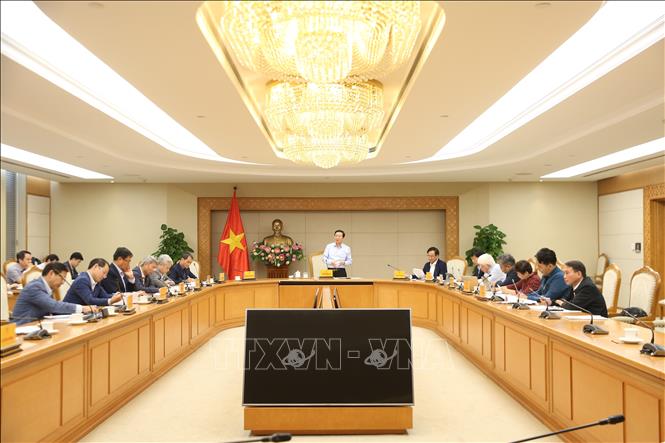
Representatives from the Ministries of Finance, Industry and Trade, Science and Technology, and Justice assessed that the majority of the draft Decree focuses on classification and management criteria, while support and incentive policies for development are very limited and mainly refer to existing legal regulations. Therefore, the Decree should only be issued if it clearly defines policy objectives and specific benefits for farmers (land, credit, infrastructure, taxes, science and technology, etc.); and adds substantive incentive mechanisms to promote large-scale production and the application of high technology.
Some delegates suggested the need for more specific regulations on labor management, security and order, information security, and data connectivity in farm operations...
Concluding the meeting, Deputy Prime Minister Tran Hong Ha stated that the farm model is developing strongly, demonstrating a more advanced production method compared to household farming, aiming for commodity production, specialization, and expansion of scale, instead of self-sufficiency. The goal is to shift from agricultural production to an agricultural economy, linking production with services, trade, and markets.
Therefore, the Decree needs to reflect new thinking and reasoning to define, classify, and clearly identify different types of farm models, thereby formulating policies to encourage new, modern models such as: organic farms, multi-product farms, ecological farms, or farms combining tourism and agriculture, linked to the application of science and technology, digital transformation, modern management, and sustainability criteria.
"This is the right direction to develop a modern agricultural economy, creating added value, combining production with services, tourism, and environmental protection," the Deputy Prime Minister stated.
The Deputy Prime Minister requested the Ministry of Agriculture and Environment to review and incorporate feedback from ministries, agencies, experts, and associations to further refine the draft Decree, aiming to build a superior system of mechanisms and policies for the farm economic model. This includes focusing on investment in irrigation, research and application of technology, seeds, fertilizers, management, digital transformation, etc.; and especially on determining the origin, identification codes, and standards of agricultural products.
"All farm products must meet national-level OCOP standards, instead of just commune/ward or provincial-level standards," the Deputy Prime Minister suggested.
The Deputy Prime Minister emphasized that current farm models are very diverse, reflecting the proactive nature of farmers and businesses. If the State has appropriate support policies, these models will spread into a nationwide movement, contributing to fundamentally changing agricultural production methods, enhancing competitiveness, and elevating Vietnamese agriculture to a new level.
Source: https://baotintuc.vn/thoi-su/xay-dung-chinh-sach-vuot-troi-cho-mo-hinh-kinh-te-trang-trai-20251024173918624.htm








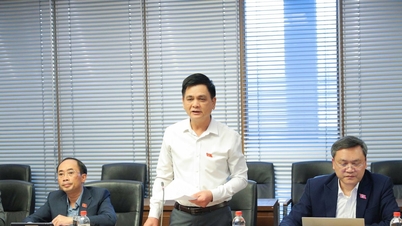

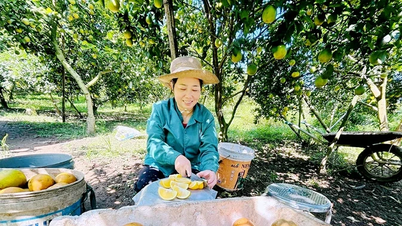



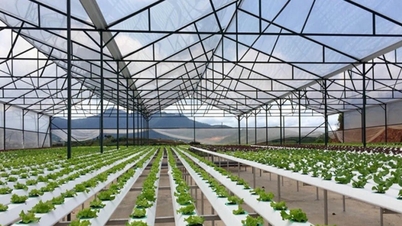





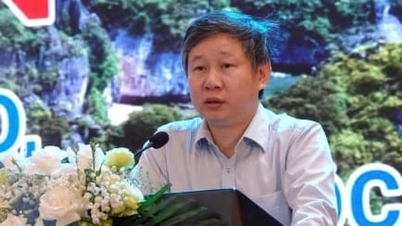

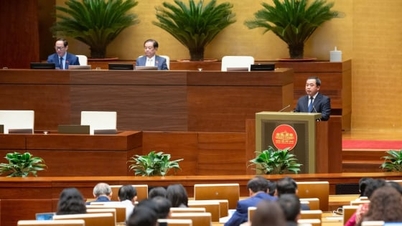
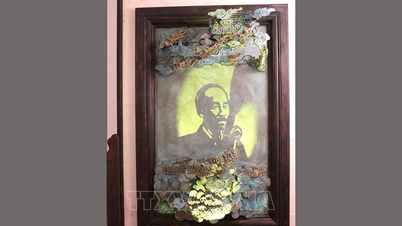
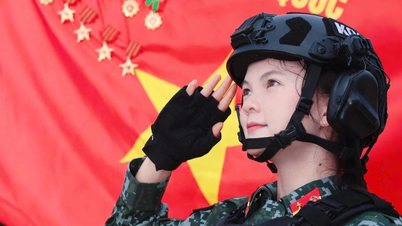

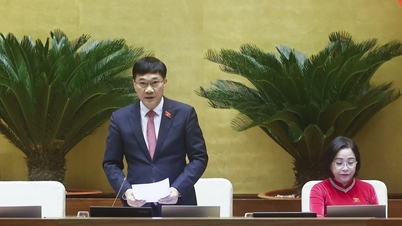
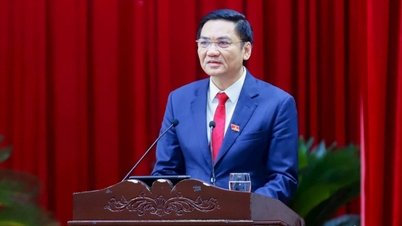




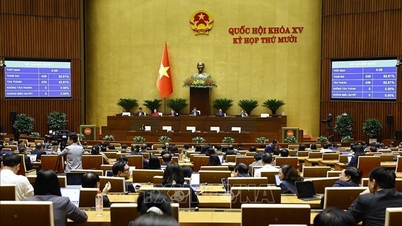
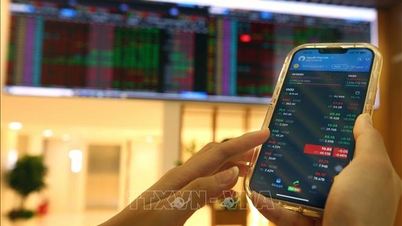
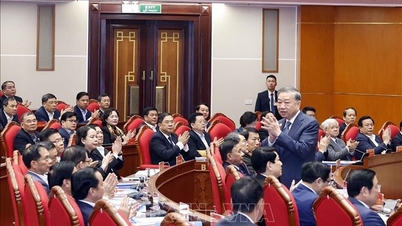
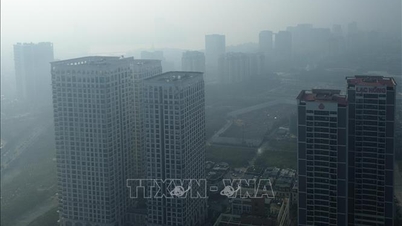
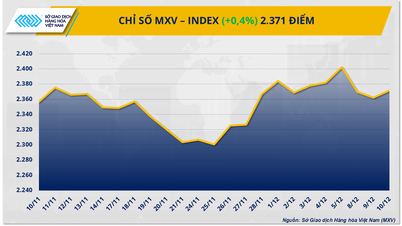
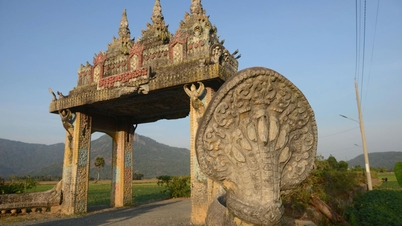



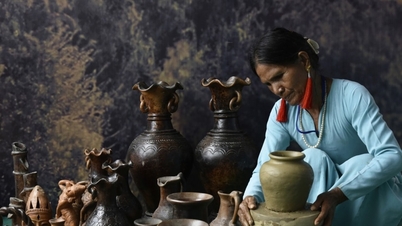

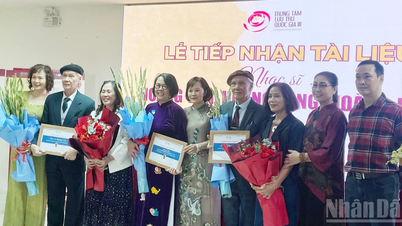



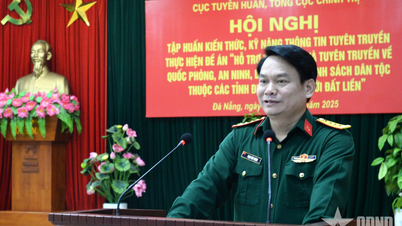

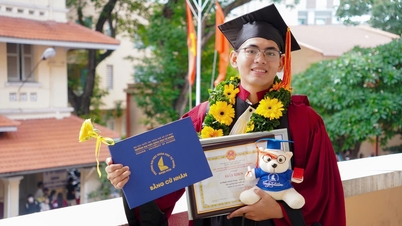

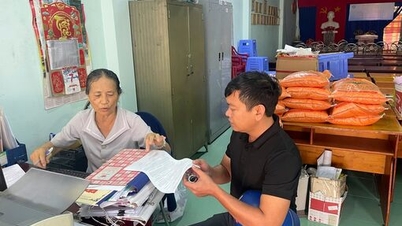

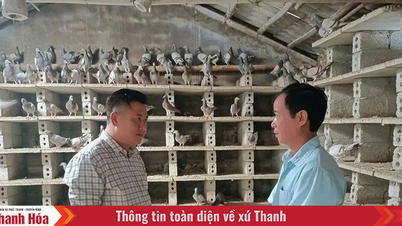


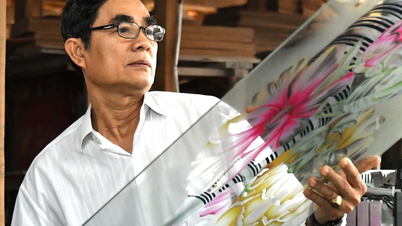
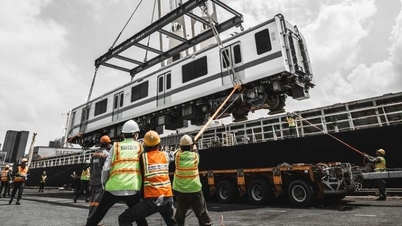













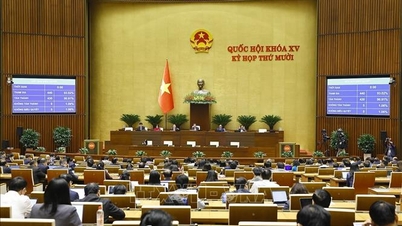


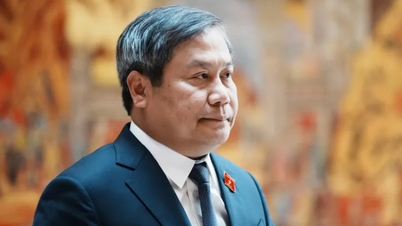
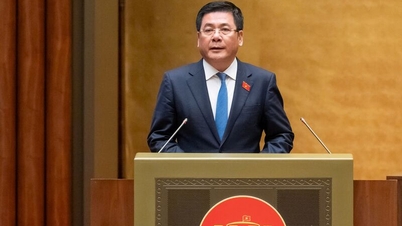

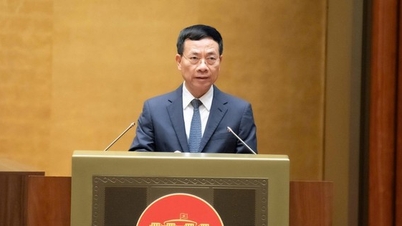





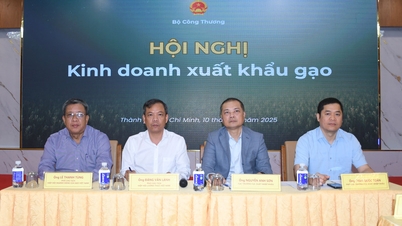
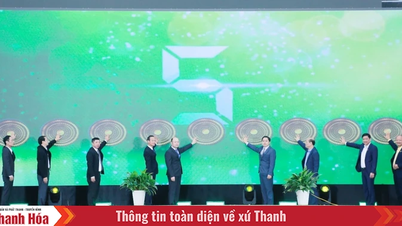
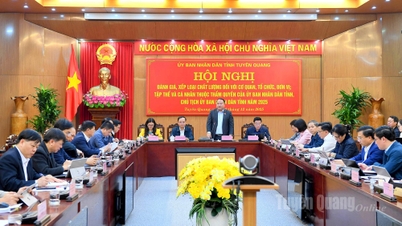





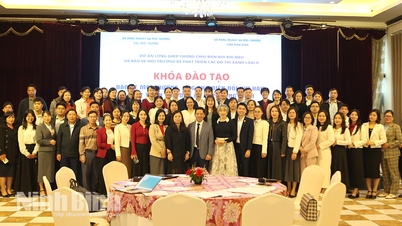











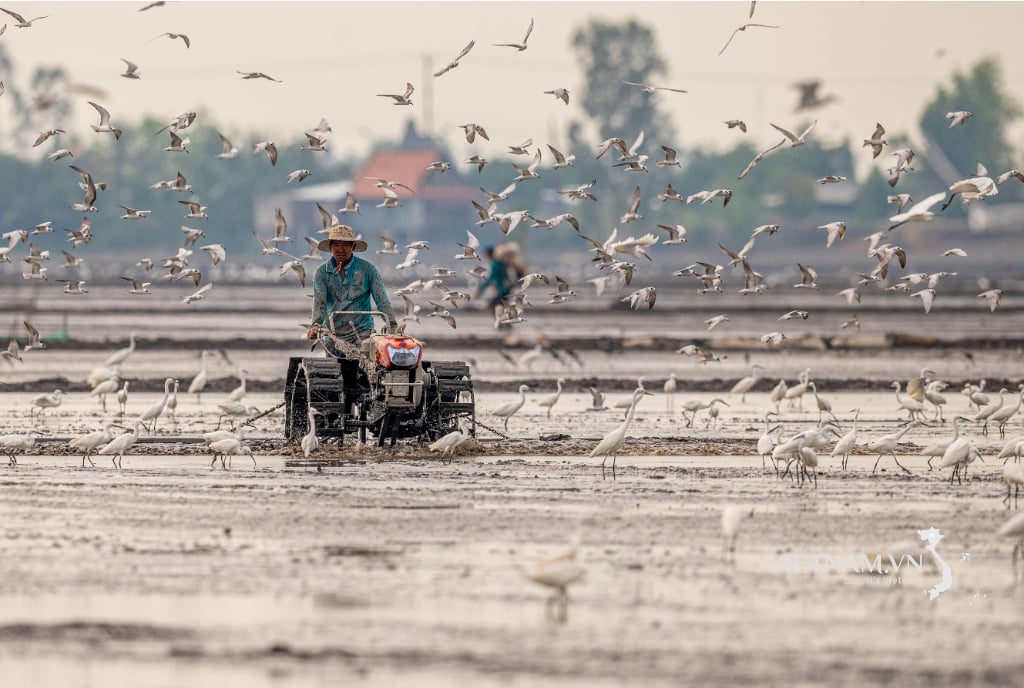







Comment (0)